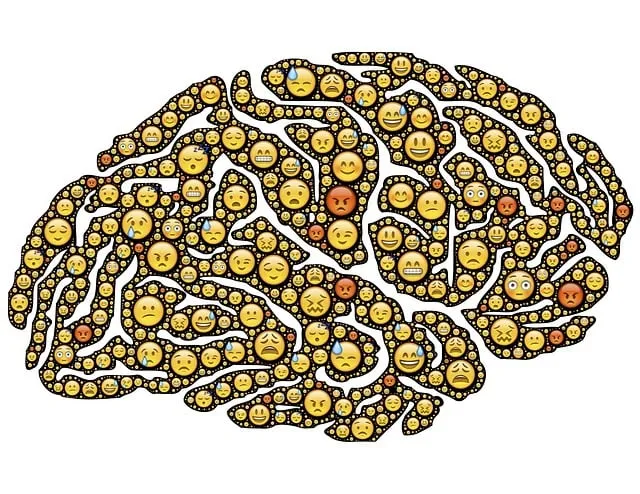Cultural competency is vital for healthcare in diverse societies like the US, where Kaiser Permanente Denver's behavioral health phone services tailor care to respect cultural contexts. They offer personalized, culturally sensitive services through programs like Mindfulness Meditation and Mental Wellness Coaching, accessible via the Kaiser Permanente behavioral health phone number. Training involves workshops, simulations, and practice, fostering empathy, communication, and emotional resilience among healthcare professionals serving diverse populations.
Cultural competency is an essential aspect of modern healthcare, ensuring providers can offer quality services to a diverse patient population. This article explores the significance of cultural competency training, highlighting successful programs like Kaiser Permanente Denver’s Behavioral Health Services. We discuss effective training strategies for healthcare professionals, focusing on improving interactions with patients from various cultural backgrounds. For more information on behavioral health support, contact Kaiser Permanente Denver at [phone number].
- Understanding Cultural Competency in Healthcare
- Kaiser Permanente Denver: Behavioral Health Services
- Training Strategies for Effective Cultural Interactions
Understanding Cultural Competency in Healthcare

Cultural competency is a vital aspect of modern healthcare, reflecting an awareness and sensitivity to cultural differences among patients and communities. It involves understanding that people’s experiences, beliefs, and values shape their health behaviors and outcomes. This is particularly important in diverse societies like the United States, where various ethnic, racial, and cultural groups have distinct healthcare needs and preferences.
For healthcare providers, especially those in behavioral health roles, such as those available at Kaiser Permanente in Denver via their phone services, this means adapting practices to respect and accommodate different cultural contexts. This can involve learning about specific communities’ traditional healing practices, understanding language barriers, recognizing unconscious biases, and incorporating diverse perspectives into risk assessments (e.g., a Risk Assessment for Mental Health Professionals). By fostering cultural competency, healthcare providers can create safer, more inclusive environments, improve patient engagement, and enhance outcomes, including Burnout Prevention Strategies for Healthcare Providers.
Kaiser Permanente Denver: Behavioral Health Services

Kaiser Permanente Denver offers a comprehensive range of behavioral health services designed to support the mental and emotional well-being of their members. With a dedicated team of healthcare professionals, they provide accessible and culturally sensitive care tailored to individual needs. The organization’s commitment to holistic wellness is evident through various programs, including Mindfulness Meditation sessions that promote relaxation and stress reduction techniques. Additionally, their Mental Wellness Coaching Programs aim to empower individuals with coping strategies for better emotional intelligence.
For those seeking expert guidance, Kaiser Permanente Denver provides easy access to behavioral health specialists via their dedicated phone line. This direct connection ensures timely support and facilitates open conversations about mental health concerns. The facility’s approach focuses on fostering resilience and nurturing the mind as well as the body, reflecting a modern understanding of comprehensive healthcare.
Training Strategies for Effective Cultural Interactions

Effective cultural competency training for healthcare providers involves a multi-faceted approach that combines educational workshops, interactive simulations, and ongoing practice. At organizations like Kaiser Permanente in Denver, behavioral health phone services play a crucial role in fostering these skills. By providing platforms for regular interaction with diverse populations, these services allow providers to develop empathy and refine their communication strategies.
The training should focus on both Mental Health Awareness and Empathy Building Strategies. Role-playing scenarios can help healthcare professionals navigate complex conversations, ensuring they approach each patient with an open mind and a willingness to understand their unique cultural perspectives. Additionally, incorporating Self-Care Practices into the curriculum is essential for providers to maintain their emotional resilience while interacting with patients from various backgrounds.
Cultural competency training is not just a best practice; it’s an essential tool for healthcare providers to offer quality, inclusive care. As seen in Kaiser Permanente Denver’s Behavioral Health Services, investing in comprehensive training enables professionals to navigate diverse patient backgrounds and needs effectively. By adopting strategies that foster understanding and empathy, healthcare workers can improve patient outcomes and create a more welcoming environment, especially when addressing the unique challenges within communities. To learn more about behavioral health support, contact Kaiser Permanente Denver at [Kaiser Permanente behavioral health phone number Denver].






